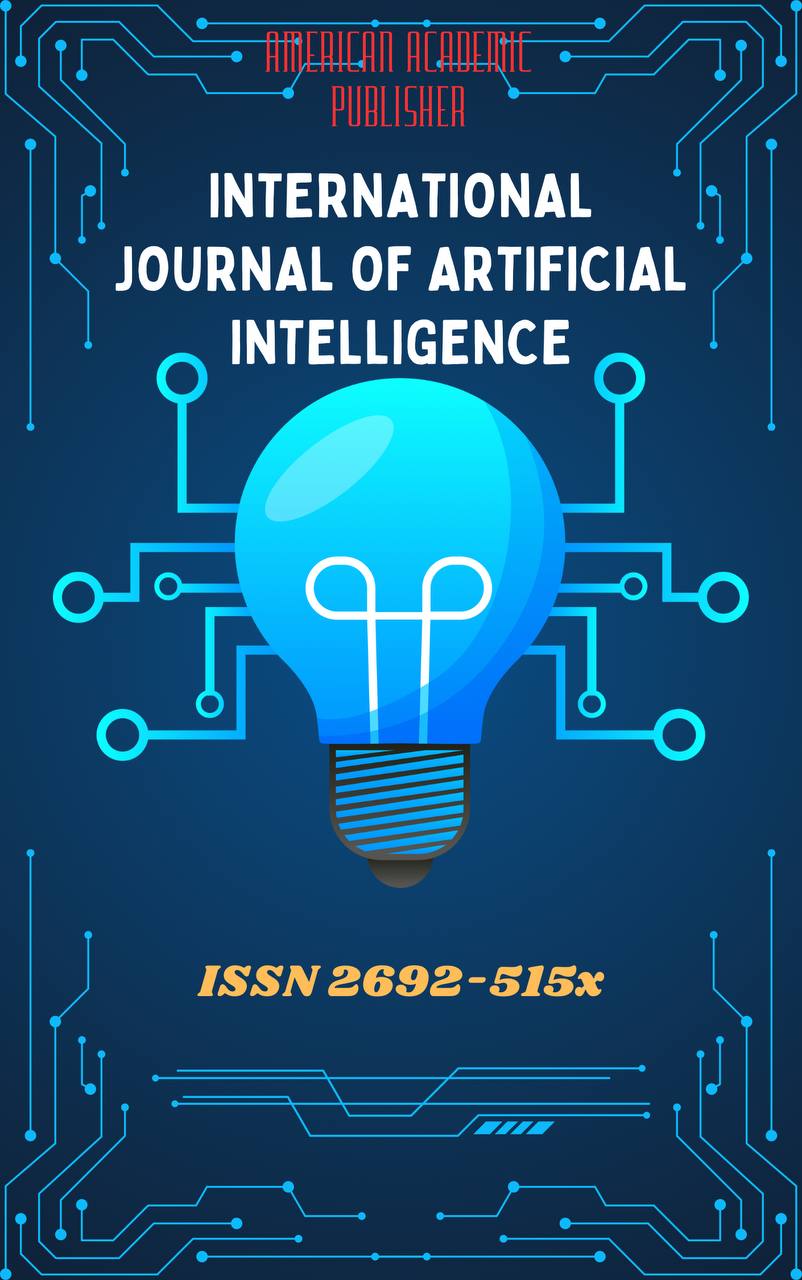 Articles
| Open Access |
Articles
| Open Access | METHODS OF FORMING PROBLEM-SOLVING COMPETENCE IN PHYSICS
Karshibayev Shavkat Esirgapovich,Samiyeva Sitora Abdurozik kizi , Uzbek-Finnish Pedagogical InstituteAbstract
This article explores methods for developing problem-solving competence in physics education. In modern teaching, it is essential to cultivate students’ abilities to think independently, analyze problems, and find solutions in challenging situations. The article discusses problem-based learning, project-based instruction, experimental approaches, and interactive pedagogical technologies as effective ways to foster problem-solving skills in physics students.
Keywords
problem-based learning, problem-solving, physics, competence, interactive methods, project-based learning, experiment
References
Barrows, H.S. (1986). A Taxonomy of Problem-Based Learning Methods. Medical Education.
Prince, M. (2004). Does Active Learning Work? A Review of the Research. Journal of Engineering Education.
Hmelo-Silver, C.E. (2004). Problem-Based Learning: What and How Do Students Learn? Educational Psychology Review.
Finkelstein, N.D., et al. (2005). Teaching Physics with Real-Time Feedback: The Impact of Interactive Simulations. American Journal of Physics.
Kolb, D.A. (1984). Experiential Learning: Experience as the Source of Learning and Development.
Article Statistics
Downloads
Copyright License

This work is licensed under a Creative Commons Attribution 4.0 International License.
